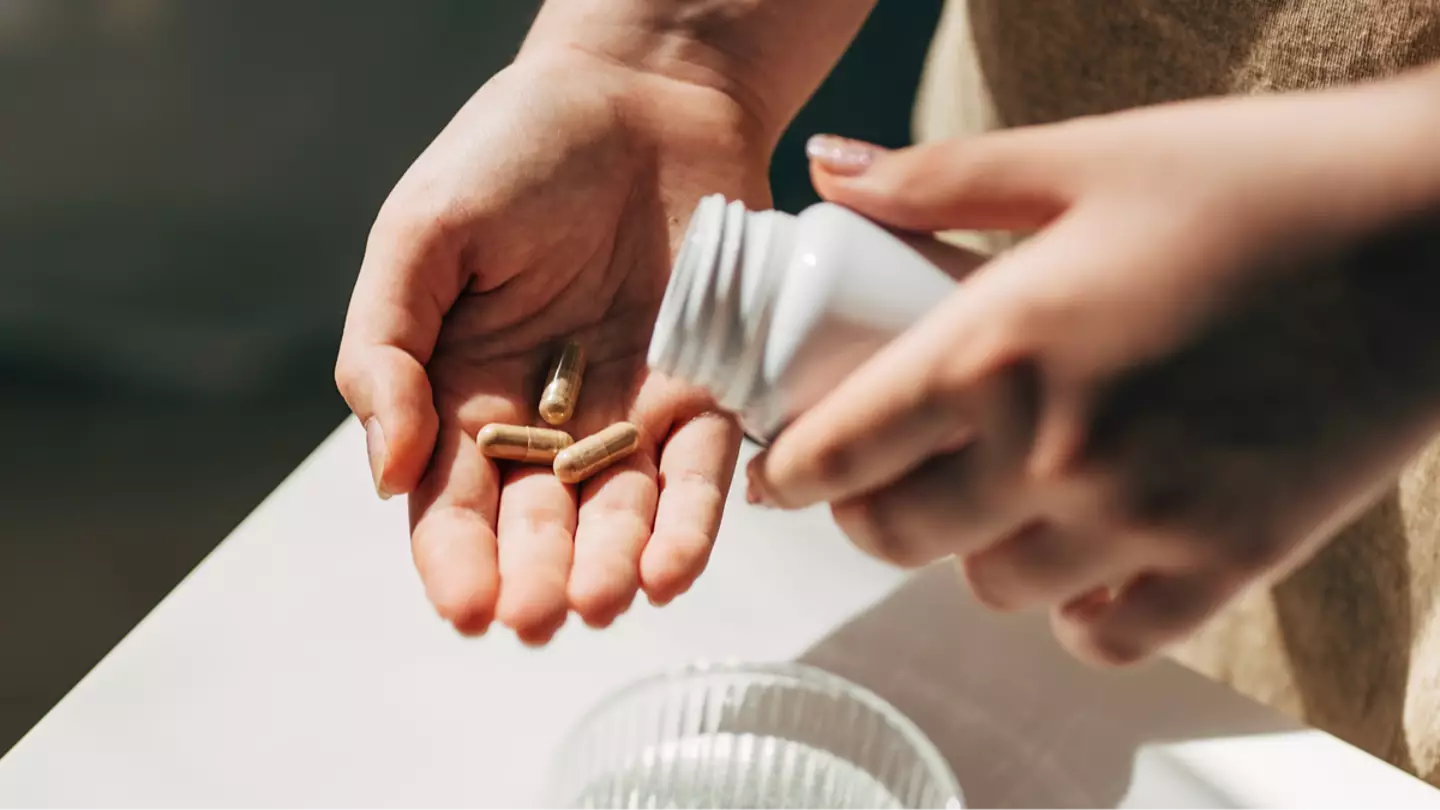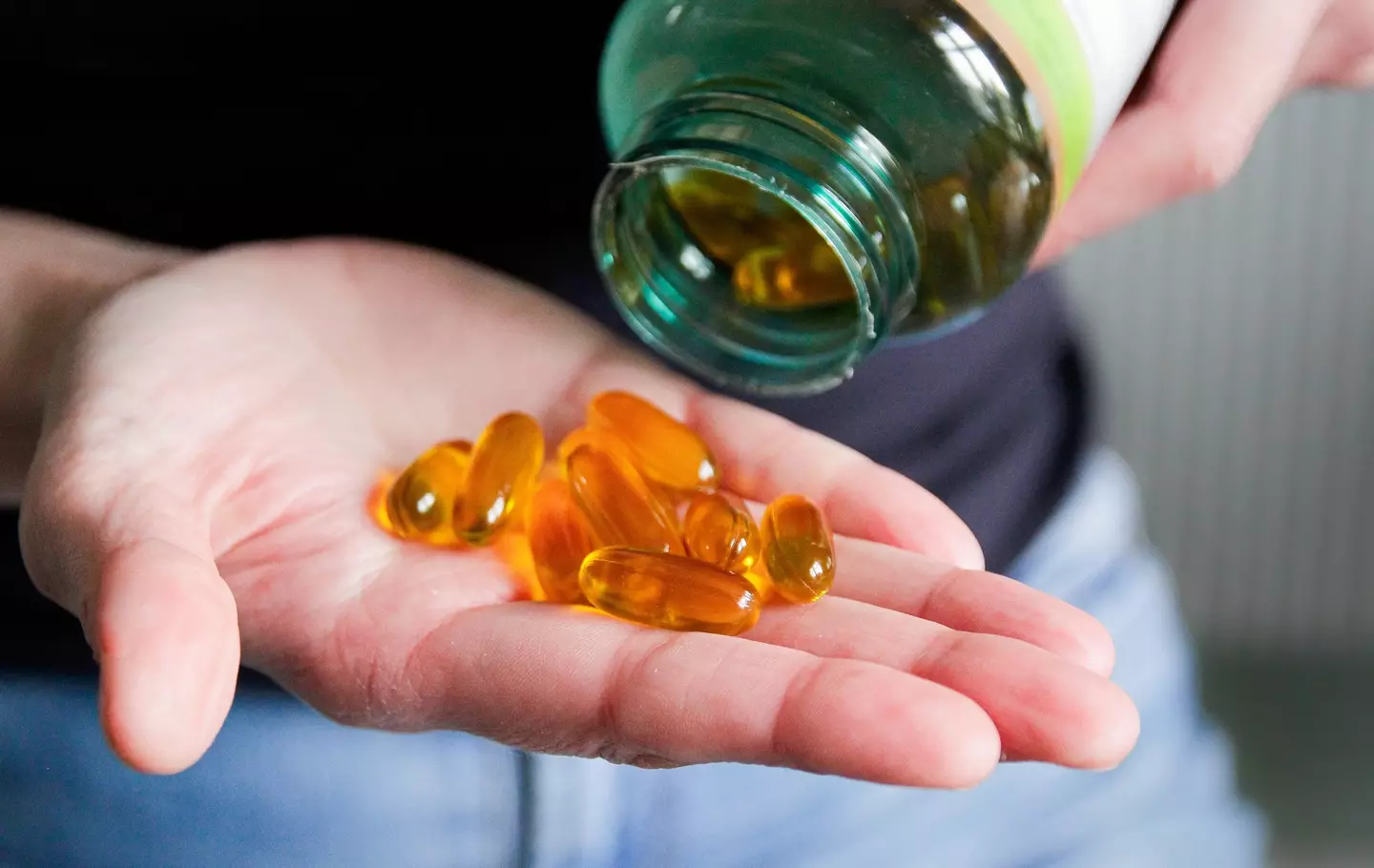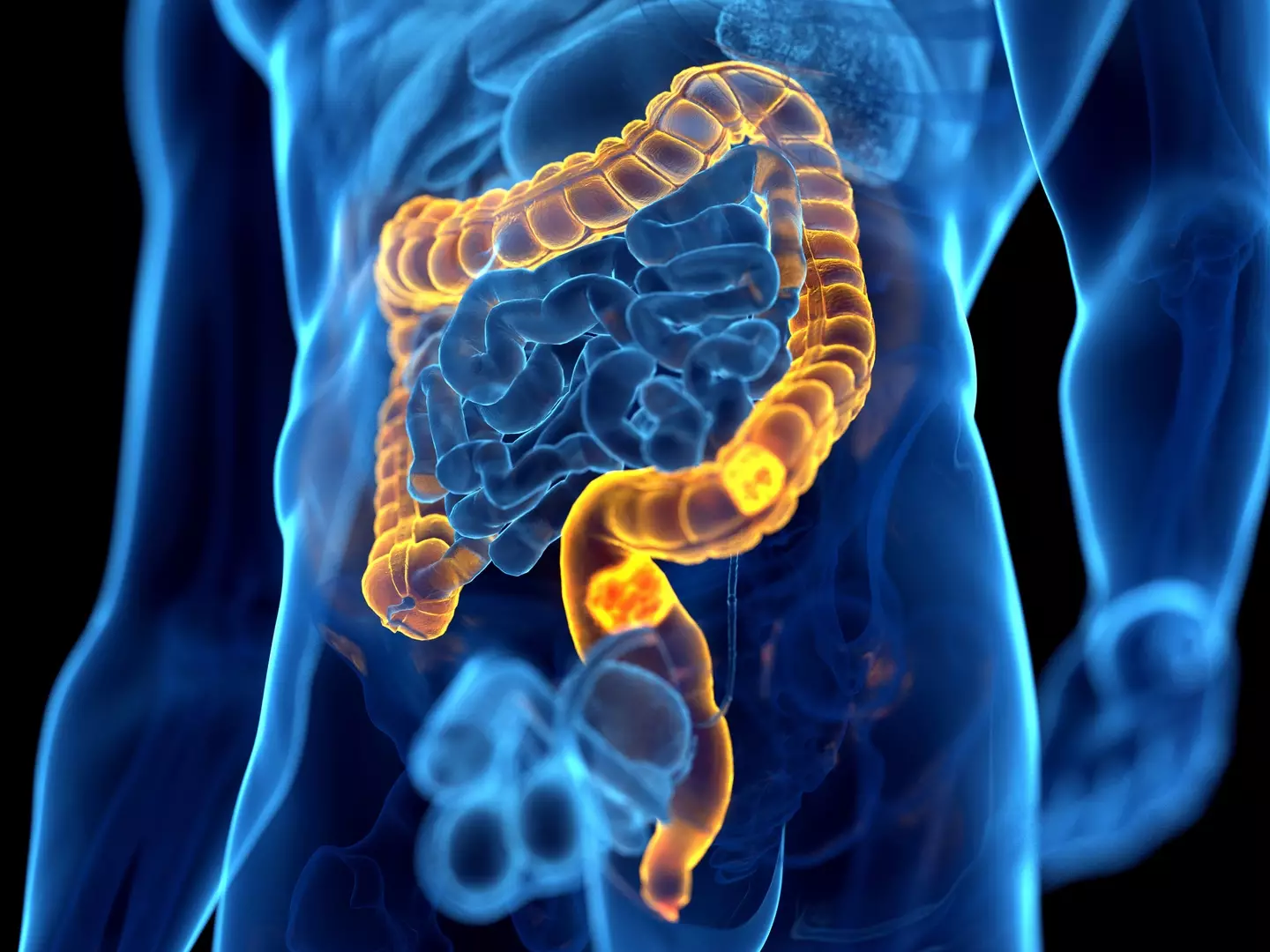
New research has suggested that taking one common vitamin could reduce the risk of a specific cancer.
We all know how important it is to regularly take our supplements, but there's one in particular that we should be staying on top of.
A new study in the journal Nutrients has claimed that the sunshine vitamin could actually be hugely important in both preventing and treating colorectal cancer. Colorectal cancer, also known as bowel cancer, starts in either the colon or the rectum, which make up the large intestine.
Many colorectal cancers begin as a growth, called a polyp. Polyps are common and mostly benign, but some can change over time and turn into cancer.
Advert
Over the last decade, rates of colorectal cancer in young people have increased, although it's not entirely clear why.

Now, a new study has claimed that vitamin D could be effective in helping to prevent the cancer. The research, which took place in Hungary, saw scientists conducting an analysis of the vitamin's impact on cancer risk and inflammation.
“The most important finding is that vitamin D plays a critical role in the prevention and treatment of colorectal cancer,” study author János Tamás Varga told Fox News Digital.
“Our research clearly supports the strong correlation between 25-hydroxyvitamin D (the primary form of vitamin D) levels and cancer outcomes.”
According to the research, a vitamin D deficiency is linked to an increased risk of colorectal cancer, meanwhile those with colorectal cancer with lower vitamin D levels had a poorer prognosis.
However, researchers found that supplementing patients with the vitamin improved survival rates.
"Vitamin D deficiency is strongly linked to an increased risk of CRC, with multiple epidemiological studies emphasizing it as a significant risk factor," the study explains.

The study also highlighted how vulnerable society is to deficiency in the vitamin, especially in Europe.
"Certain populations are particularly vulnerable to vitamin D deficiency. Urban populations, where air pollution and dense infrastructure limit sunlight exposure, are at greater risk," the study explains.
"In Europe, vitamin D deficiency remains a significant concern. Data suggest that 18% of the population has serum vitamin D levels below 30 nmol/L, while 53% have levels below 50 nmol/L... Approximately 40% of Europeans are considered vitamin D deficient, with 13% classified as severely deficient."

Vitamin D boosts bone and muscle health, supports the immune system and plays an essential role in the nervous system.
But how much should we be taking?
Well, it's best to consult with your doctor first - who can advise based on your own circumstances - however, lead author Dr. Monika Fekete told Fox News: “Based on our research, we recommend that individuals at high risk of colorectal cancer monitor their vitamin D levels and, if necessary, take a daily vitamin D supplement of 1000–4000 IU, especially for those with low vitamin D levels.
“The optimal dosage should be tailored to the individual’s health condition and current vitamin D levels.”
The study adds: "Overall, vitamin D plays a fundamental role in the function of numerous systems and physiological processes. The broad range of effects highlights the importance of vitamin D in maintaining health and underscores its protective role in preventing chronic diseases, including cancer."
